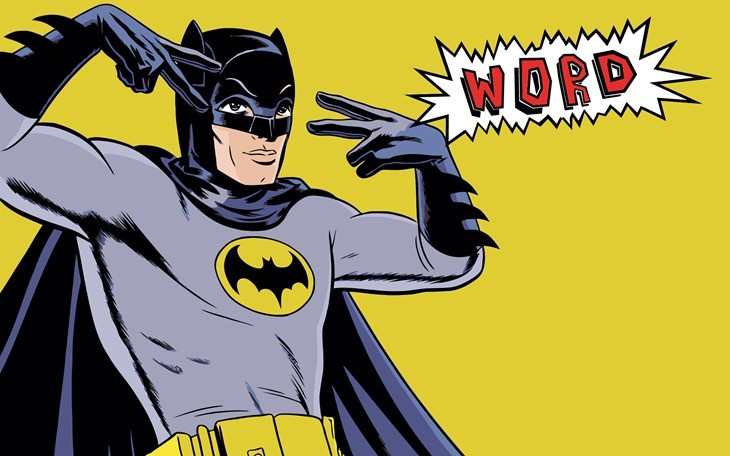When I first
began working with youth, the first Percy
Jackson series was all the rage.
Greek gods, adventure, and awkward teen drama had captured the
imaginations of youth all over the country - and some at my church.
Being totally
unfamiliar with the books, I was curious to read them to find out why these
books had become so popular. So I
picked up the first book in the series and began to read.
It didn’t take
long to figure out what kids found so alluring about Percy Jackson’s
story. As the story begins, Percy
appears to be relatively insignificant, marginally outcast, and and
uncomfortable-in-his-own-skin pubescent youth.
Before long, we
discover that -despite appearances - Percy Jackson is anything but normal. Much to Percy’s own astonishment, he’s
really a demigod - the son of a human mother and a Greek god for a father. And Percy doesn’t have just any Greek
god for a father, his dad is Poseidon, one of the “big three” in the Greek
Pantheon.
Along with the
revelation of his lineage, Percy also discovers that as Poseidon’s son, he
inherits some of Poseidon’s power.
Percy discovers he can breath under water. Water gives him strength. And most importantly, Percy can
control water, bending it to do his will.
How awesome
would it be to discover that a god-king was your father and that your
father-god shared his power with you...?
Yeah, pretty
much that’s the gospel - isn’t it?
Pretty amazing.
In Christ,
haven’t we become children of the One True God, king and ruler over all things?
(cf. Galatians 3:29, 1 John 3:1-2)
And what’s more, because we are his children, hasn’t God shared his
power with us, filling us with the Holy Spirit as a downpayment of our
inheritance? (cf. Galatians 4:6, Ephesians 1:13-14) Isn’t this the source of our joy and delight? (cf. Ephesians5:18-20, Colossians 3:15-17)
Familiarity with
these truths sometime blinds us (and the youth) to their sheer
awesomeness. Sometimes it takes
something like Percy Jackson to wake us up to the sheer wonder of the story in
which we find ourselves.
Obviously there
are some difference between Percy and the Christian. First, and most importantly, Percy Jackson and the Olympians
is fiction whereas our adoption and inheritance are reality.
Secondly, there
is a fundamental difference between the power of Poseidon at work in Percy and
the power of Yahweh at work in us: Percy seeks to control Poseidon’s power to
wield the god’s strength for his own ends, while we seek to be controlled by
the Spirit to be wielded by Yahweh for his ends.
It’s here that
we begin to see the lie that underscores Percy Jackson’s interaction with the
world.
In the end, any
difference that Percy makes in the world or change that happens in himself
emanates from his own willpower and ability to control the power of his father
god, Poseidon. Ultimately, and
change is of his own doing (the gods are rather disinterested in the affairs of
their children and the human world).
For the
Christian, however, meaningful change cannot begin with our own efforts but
with the grace of a God who cares deeply about us and this world.
Biblically
speaking, the power to redeem doesn’t come from us learning to control the
Spirit of God, but the other way around.
The Holy Spirit is not a weapon or tool that we wield, but that wields
us even as the Spirit works to renew us into the image of our creator, Jesus
(Colossians 3:10).
Certainly we are
called to participate in the Spirit’s work as we seek to put off the old self
and put on the new self - but even this is done by faith as we learn to rest in
Jesus’ finished work and receive from him the inheritance he secured for us in
the Spirit as the Lord bless our time in Scripture, prayer, Christian
fellowship, and the sacraments.
So concerning
the world’s half-truth of the power to change coming from within, I say, Amen!
Let us find the power for change within...but not within us as ourselves, but
within us as children and temples of the One True God who is generous with his
grace. And let us cling to his
grace by faith - not as a reward for our personal effort, but as a gift of the
Spirit works within us to conform us to the very likeness of Jesus.
Mark Howard is the Youth Director and Assistant to Pastor at Trinity Presbyterian Church in Covington, GA. Mark has a Masters in Theology
from Wheaton College Graduate School.







